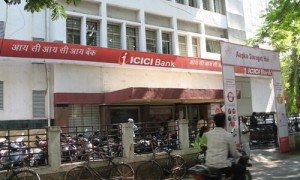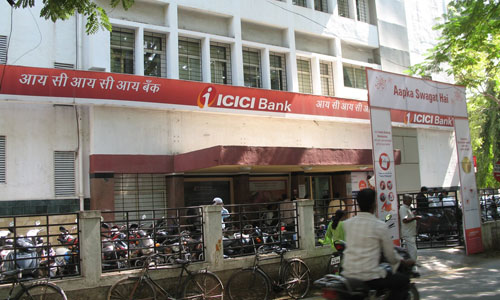 As real estate asset values continue to fall, banks may be forced into an unfamiliar role, that of active property portfolio management. The real estate asset price bubble has been a global phenomenon. Many of the western economies have been severely affected by the bubble bursting, although the speed and scale of the impact have varied according to local circumstances.
As real estate asset values continue to fall, banks may be forced into an unfamiliar role, that of active property portfolio management. The real estate asset price bubble has been a global phenomenon. Many of the western economies have been severely affected by the bubble bursting, although the speed and scale of the impact have varied according to local circumstances.
As banks struggle to come to terms with the new situation, what is slowly emerging is the realization that a new paradigm is required for banks’ engagement in the real estate sector. Banks can no longer act simply as lenders managing a loan portfolio. Increasingly they are becoming equity owners, in legal reality or merely de facto, and in future they may need to behave as such so safeguard their investment.
Banks should now be accessing asset management specialists to run their investments actively as real estate portfolios. They should engage with complex strategies of ownership changes, restructuring, dept-equity swaps and the like.
Banks are now at the top table in the real estate business. With substantial equity injections now being made in the real estate sector, values may be driven lower before returns can be rebuilt. And for the foreseeable future, many banks may have to act as engaged and committed property investors.





